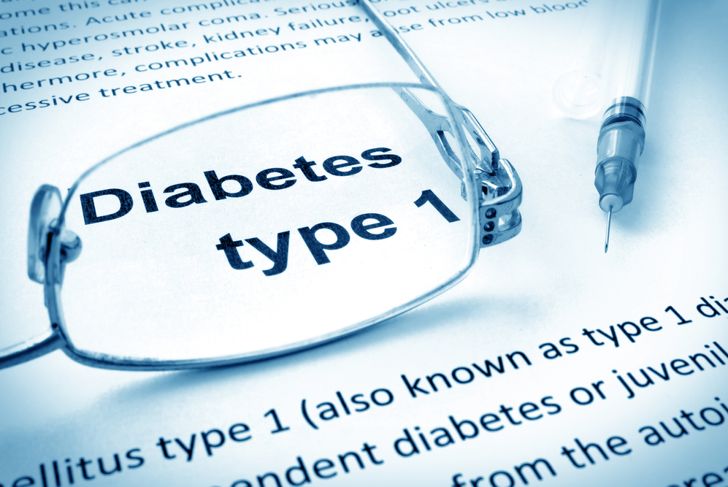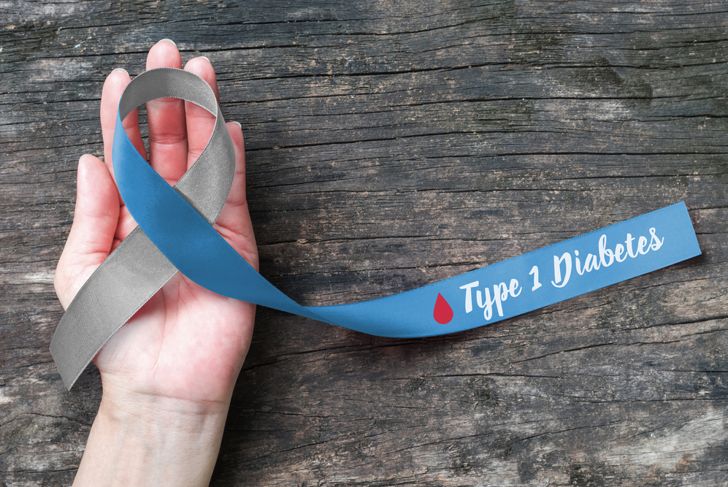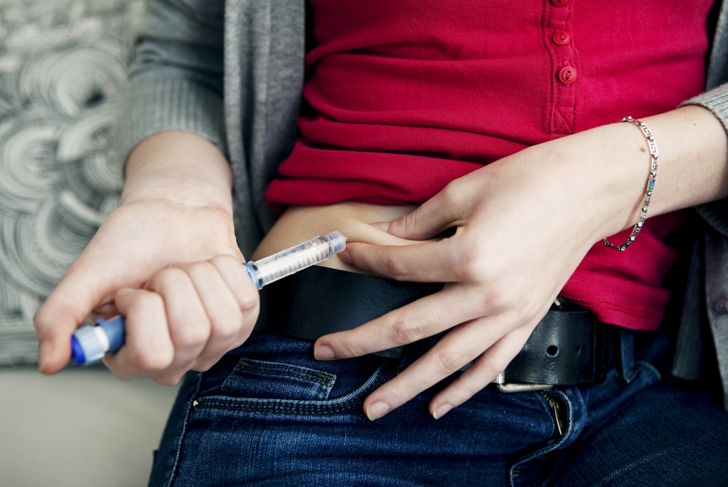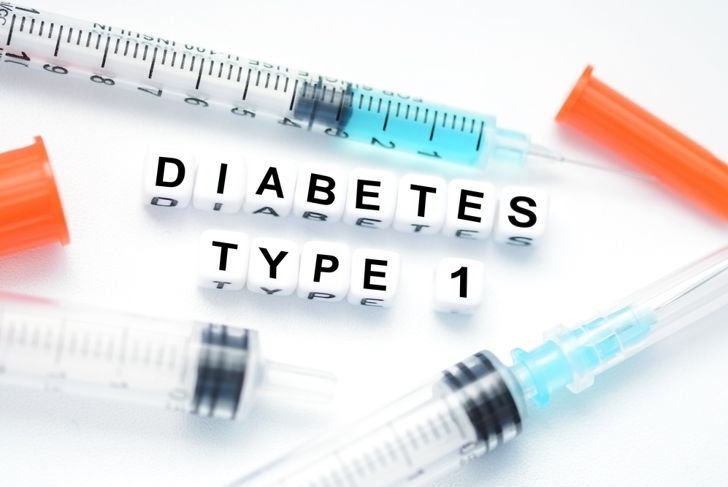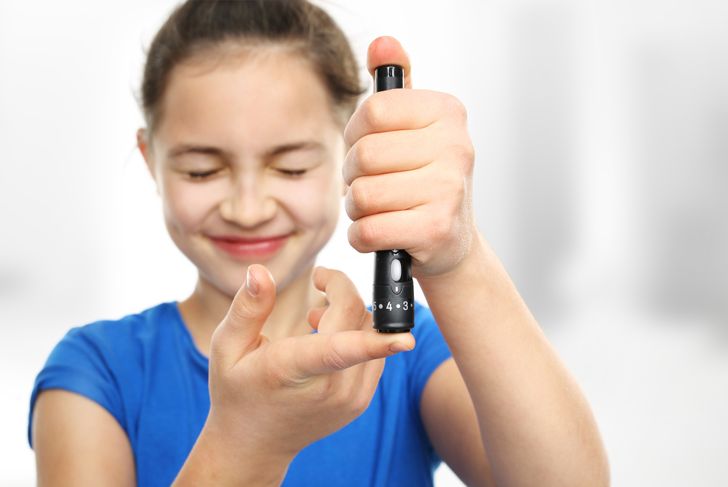The role of the pancreas was first discovered in 1889 by Joseph von Mering and Oskar Minkowski. They found the signs and symptoms of diabetes by observing dogs who developed it after the organ was removed. In 1910, a man by the name of Sir Edward Albert Sharpey-Schafer found that diabetes resulted from the lack of a specific hormone in the body. The first recognizable report of type 1 diabetes appeared towards the end of the 19th century. Many people live a long, fulfilling life with type 1 diabetes, as long as they adhere to their regimen of hormone injections.
What is Type 1 Diabetes?
Type 1 Diabetes is an autoimmune disease that occurs when the pancreas stops producing an essential hormone. It happens when your body destroys beta cells, which make this hormone. When your beta cells are unable to produce hormones, this causes your blood glucose or sugar to rise, starving the cells. The higher the blood sugars, the more health issues.
What Are Symptoms of Type 1 Diabetes?
Symptoms of Type 1 Diabetes include, but are not limited to:
Dehydration
This is characterized by excessive thirst, severely dry skin, and dry mouth.
Frequent urination
Using the bathroom a lot can also cause dehydration.
Unexplained weight loss
Frequent urination can cause weight loss. However, glucose that goes into the urine takes calories with it as well.
Fatigue
If you feel overly tired and exhausted, especially after sleeping well at night.
Blurred vision
This might include seeing blurry or doubled images.
Headaches
Your headache might be from dehydration.
Frequent infections
Besides skin infections, females often get yeast or urinary tract infections.
When Should You See a Doctor?
You should go to a doctor as soon as you start to show any symptoms of Type 1 Diabetes. It’s also a good idea to get tested if this particular autoimmune disease is common in your family. You may want to talk to your medical provider if you have any reasons to be concerned such as other illnesses that could develop into diabetes.
How Is Type 1 Diabetes Diagnosed?
If you’re showing signs of diabetes, your doctor will want to run a few tests to make a diagnosis. It typically requires one or more blood tests. These tests may include a fasting blood glucose test, which measures your blood glucose level after eight hours of having no food or drink except for water. You may also undergo a random blood glucose test, which measures your sugar levels at a random time. Another diabetes-related diagnosis involves a Hemoglobin A1C test, which checks to see the average of your blood sugar value over the course of the last few months. People who do not have diabetes will have an A1C of six or below.
Who Is More Susceptible to Developing Type 1 Diabetes?
Anyone can develop diabetes, but it is more common in Caucasians than in other races. Type 1 Diabetes affects both males and females equally, but the number of people affected globally is unknown. It can come along at any age but usually develops in people under the age of 20. It is estimated that about 80,000 children develop diabetes each year.
Can Type 1 Diabetes Be Prevented?
Type 1 Diabetes cannot be prevented completely. It can only be tested and then treated. You and your healthcare provider will determine the proper steps and treatment regimen. Dieting and exercising properly can help slow down the progression of the disease when developed. The hope is one day scientists will make greater strides toward new treatments.
What Treatments Are Available for Type 1 Diabetes?
The only treatment available for Type 1 Diabetes at this time is continuous insulin injections. Your doctor will want you to check your blood sugar levels often. That way, depending on what you eat or drink at the time, you can learn to adjust your insulin dosage accordingly, based on your blood sugar levels. All people with Type 1 Diabetes must use insulin to control their numbers.
Is There a Way to Reverse or Cure Type 1 Diabetes?
There is no cure at this time. It can only be controlled with the treatment of insulin. Eating healthy, exercising, and drinking plenty of water can help to manage your blood sugar levels as well. That way, as mentioned above, you can slow down the progression of the disease and help to prevent it from becoming worse.
What’s the Difference Between Type 1 and Type 2 Diabetes?
Both types are chronic diseases that affect the way your body regulates blood glucose. In people with Type 1 Diabetes, their body does not produce insulin. People with Type 2 Diabetes, they don’t respond to insulin as well as they should and, often later on in the progression of their disease, their body doesn’t produce enough insulin. Both types can lead to chronically high blood sugar levels, increasing the risks of having complications due to diabetes. Symptoms of Type 1 Diabetes develop fast, typically over the course of several weeks. Whereas Type 2 develops slowly over the course of time.
How Does Type 1 Diabetes Affect Everyday Life?
Type 1 Diabetes can be a very demanding disease because of treatment schedules. Besides that, you must live healthier in general including watching what you eat and drink, exercising, and monitoring blood glucose often. Don’t forget about scheduling and planning around meals and knowing when to give insulin injections, too.

 Home
Home Health
Health Diet & Nutrition
Diet & Nutrition Living Well
Living Well More
More